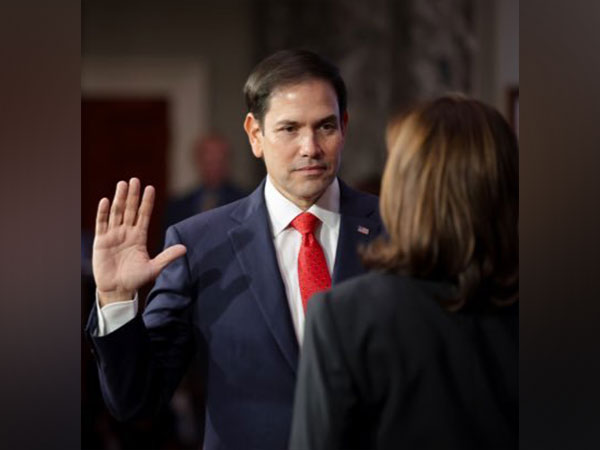Rubio's Impact: Navigating Oil Sanctions under Trump's Leadership
President-elect Donald Trump's potential appointment of Marco Rubio as secretary of state may signal a tightened enforcement of oil sanctions on Iran and Venezuela. However, concerns over China's potential retaliation might temper these efforts, influencing the complex geopolitical landscape surrounding global oil trades.

President-elect Donald Trump's consideration of U.S. Senator Marco Rubio as the next secretary of state is likely to lead to stricter enforcement of oil sanctions on countries like Iran and Venezuela, analysts revealed on Wednesday.
Rubio, regarded as a staunch supporter of a stringent U.S. foreign policy on Iran and China, will potentially play a pivotal role in Trump's administration. With roots tracing back to Cuban immigrants, Rubio is a critical voice against Venezuela's socialist governance under President Nicolas Maduro, which has led to contested re-elections and subsequent U.S. sanctions on the oil-rich nation. Iran's oil production has similarly faced multifaceted sanctions, slowing exports significantly during Trump's previous term.
Analysts note that under President Joe Biden, sanctions have been less stringently enforced, leading to increased Iranian oil production and a robust trade relationship with China. Nevertheless, Rubio's anticipated leadership could mark a shift back to firm enforcement, but with a cautious eye on the ramifications of Chinese opposition, including potential impacts on the global oil trade and U.S. dollar primacy.
(With inputs from agencies.)
- READ MORE ON:
- Rubio
- Trump
- oil sanctions
- Iran
- Venezuela
- China
- U.S. policy
- geopolitics
- energy
- foreign relations
ALSO READ
Balancing Allies: Australia Navigates U.S. and China Ties
Shocking Car Attack in Zhuhai Sparks Debate on Public Security in China
Investor Jitters: Trump's China Policy Shakes Markets
China's Crackdown on 'Night Riding Army': A Soup Dumpling Pursuit
Investors Shaken as Hong Kong Stocks Fall Amid U.S.-China Tensions










